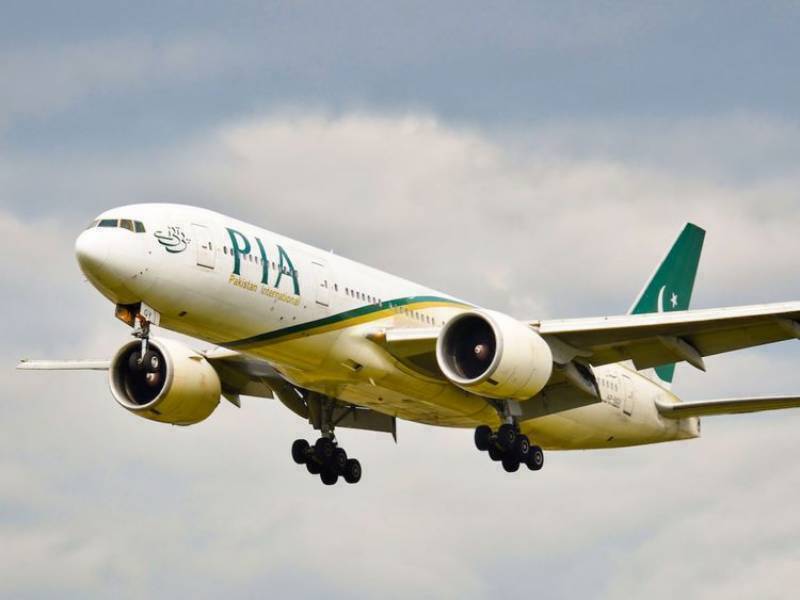ISLAMABAD – The privatization process for the debt-ridden Pakistan International Airlines will now be expedited as the Privatisation Commission board has approved new rules in this regard.
Under the rules, it would be possible to sell state-owned enterprises through direct negotiations to foreign nations after setting their minimum price under a competitive process.
The privatisation ministry announced this week that the board had approved the draft of the Privatisation Commission (Government to Government Agreement Mode – Manner and Procedure) Rules, 2023.
The privatisation of the national flag carrier has been underway for months but with the new rules in place, the procedural requirements for selling any entity would be reduced.
The estimated annual losses of PIA are Rs153 billion, prompting the lawmakers to find a solution to finally get rid of the entity that was once an asset.
The new law has yet to be approved by the Cabinet Committee on Legislative Cases (CCLC), and if it is greenlighted, it will create a bridge to toss an entity picked for privatization to a cabinet committee authorized to negotiate a deal instead of holding open bidding.
The calls for privatizing the airline were made during the previous regime and the follow-up deliberations led to the hiring of a financial adviser who will submit an amalgamation report soon, Express Tribune reported.
Earlier, the privatization ministry promulgated the Privatisation Ordinance to remove the role of high courts in privatization transactions aimed at avoiding legal hitches.
The state-owned Pakistan International Airlines has been under fire for denting a severe blow to the national exchequer and facing hiccups due to multiple factors. Time and again, the Federal Board of Revenue (FBR) freezes its accounts while Pakistan State Oil (PSO) also refuses to supply oil to the carrier.
The airline recently settled a dispute with an Indonesian firm and got possession of one of its aircraft though the airline failed to prove itself sustainable in the long term which has forced the policymakers to finally do away with it and hand it over to a private investor.
Though efforts are being ramped it, it is still expected that the privatisation process would take a few months.














